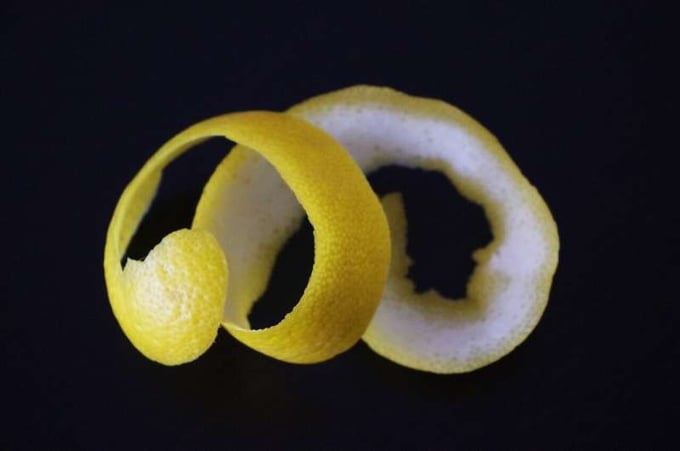December 10, 2025 | 19:03 GMT +7
December 10, 2025 | 19:03 GMT +7
Hotline: 0913.378.918
December 10, 2025 | 19:03 GMT +7
Hotline: 0913.378.918

This research was recently published in the Journal of Agricultural and Food Chemistry.
Finding natural, non-caloric sugar substitutes is desirable but challenging. However, researchers at the University of Florida Institute of Food and Agricultural Sciences have made a breakthrough—discovering new, natural sweeteners in citrus for the first time.
This finding opens opportunities for the food industry to produce food and beverages with lower sugar content and lower calories while maintaining sweetness and taste using natural products.
Yu Wang, associate professor of food science at UF/IFAS, managed the multi-year project that found eight new sweetener or sweetness-enhancing compounds in 11 citrus cultivars.
"We were able to identify a natural source for an artificial sweetener, oxime V, that had never been identified from any natural source previously," said Wang, a faculty member at the UF/IFAS Citrus Research and Education Center in Lake Alfred, Florida. "This creates expanded opportunities for citrus growers and for breeding cultivars to be selected to obtain high yields of sweetener compounds."
Replacing and reducing sugar in processed foods is a long-term goal of both the healthcare system and food and beverage industry. Consumers want a sweet-tasting orange juice, but they're also concerned about too much sugar consumption. Identifying the sweeteners and sweet-enhancing compounds could provide a solution for the "Sugar Bias" for the citrus industry.
To date, reducing sugar in food without compensating for sweetness can reduce the taste of most food. Replacing sugar with artificial, non-caloric sweeteners such as saccharin, sucralose and aspartame can negatively impact flavor profiles by leaving a bitter and metallic aftertaste. Consumers have shown increasing preference for naturally derived sweeteners that more closely resemble the sensory profile of sugar. To date, even natural, non-caloric sweeteners still possess some licorice-like and bitter aftertastes. While natural sweeteners are currently derived from fruits, some fruits are difficult to cultivate.
In addition to trying to find actual sweeteners in citrus, researchers looked to find sweetness enhancers that can significantly reduce the amount of sugar required to achieve the same level of perceived sweetness. To date, only six synthetic and two natural sweeteners/sweetness enhancers have been created and used by the food industry that are approved by the U.S. Food and Drug Administration. These also have the negative side effects of unpleasant aftertaste and are expensive to produce.
Eleven selections from the UF/IFAS citrus breeding program were selected for unique and exceptional flavors. These cultivars included UF 914 (a grapefruit hybrid), and EV-2 and OLL-20 (both sweet oranges). Mandarins, including Sugar Belle, Bingo, 13-51, 18A-4-46, 18A-9-39, 18A-10-38, were also included in the research project.
Wang's research could lead to increased opportunities for the food industry to produce food and beverages with lower sugar content and calories while maintaining sweetness and taste using natural products, The research methodology also suggested that efficiencies of identifying flavor metabolites could be improved. This research was recently published in the Journal of Agricultural and Food Chemistry.
(phys.org)

(VAN) Initiative launched in Cairo honors villages that are helping drive agrifood systems transformation.

(VAN) The European Union agreed Wednesday to phase out Russian natural gas imports by late 2027 as part of an effort to end the bloc’s decade-long dependency on Russian energy.

(VAN) Indonesia plans a US$1.2 billion investment in feed mills to boost poultry feed production.

(VAN) Japan's average retail rice price hit a new record high for the first time in three weeks, according to agriculture ministry data.

(VAN) The use of antibiotics in treating livestock in the UK has fallen, according to a new report released by the government’s Veterinary Medicines Directorate.

(VAN) Newly designated initiatives in Australia, Canada and South Africa represent science-based and inclusive examples of ecosystem restoration.

(VAN) Rice-based food has been selected as Japan's 'Dish of the Year' for 2025, reflecting public interest in the stable supply of the country's staple food amid a recent rice shortage.